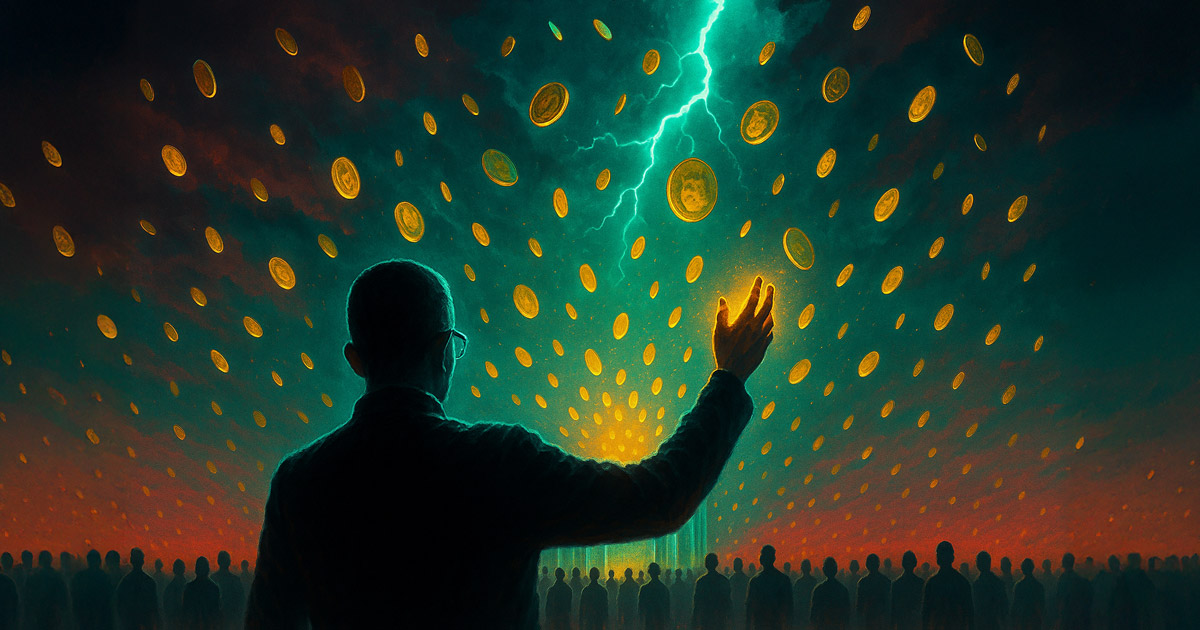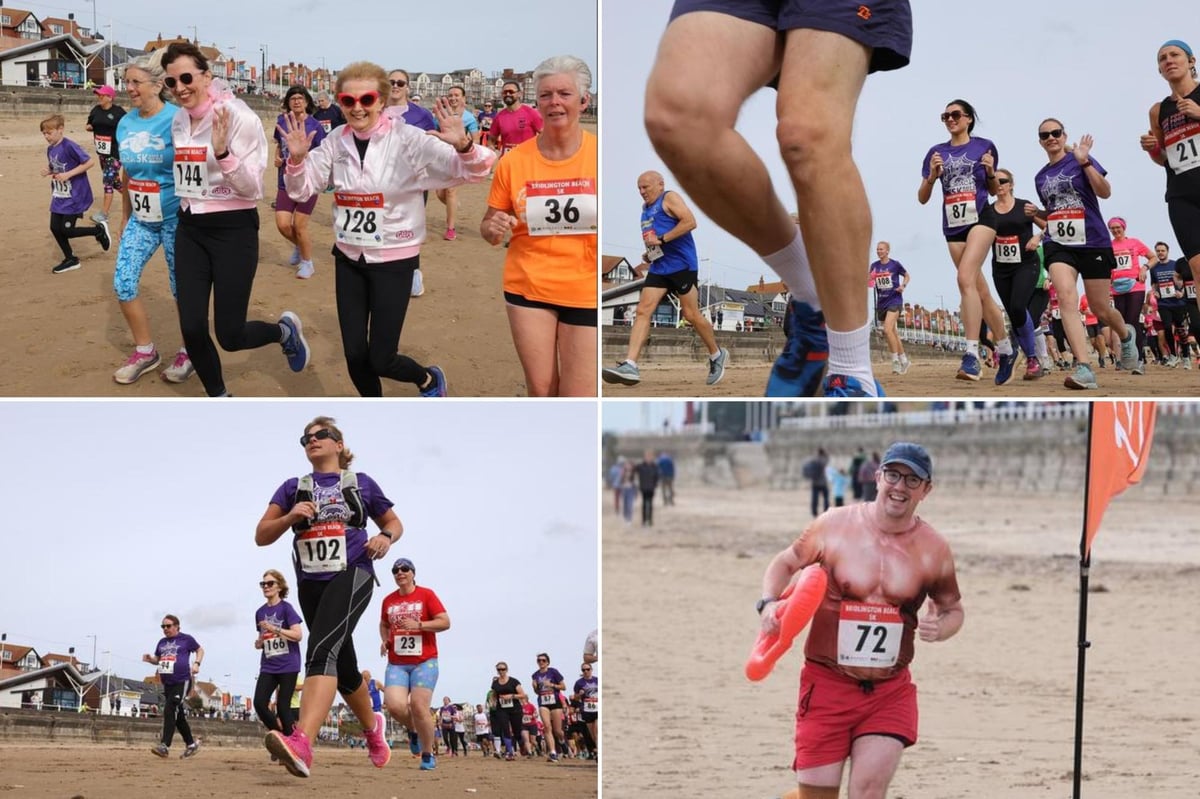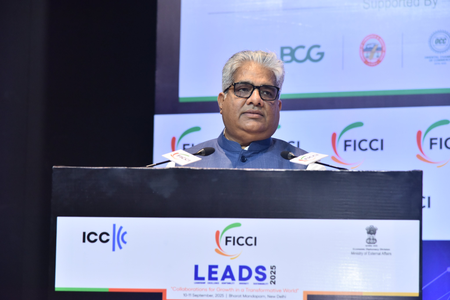
There are plenty of jokes about lawyers, but here’s one we family law attorneys tell about our clients: Our clients will take legal advice from their hairstylists — while ignoring the legal advice we give them, tailored to the facts of their case.
That same misplaced trust shows up in medicine. Why take medical advice from your doctor about vaccines or Tylenol when you could get it from President Donald Trump, Robert F. Kennedy Jr., or better yet, a stranger writing a letter to the editor of this newspaper? After all, what could be better than medical advice from someone, even if they are a doctor, who’s never examined you or reviewed your medical history or your lab results? Of course, I’m being facetious — but not entirely.
On a personal note, I went through a severe health crisis in 2018-19. What shocked me was that my doctors seemed surprised when I followed and acted upon all their medical advice. When I asked why more patients didn’t do the same, none had a satisfying answer. My own guess is that our trust in experts has eroded so severely that many turn instead to pseudoscience, conspiracy theories, or social media, even though it often leads to horrible outcomes, including death.
Today, too many Americans confuse correlation with causation. Take this example: When ice cream sales rise, so do shark attacks. That’s correlation — more people eat ice cream and swim in the ocean in the summer — but clearly not causation.
I’m a lawyer, not a doctor, but the principle is the same: If you need legal advice, consult a lawyer. If you need medical advice, consult a doctor. And if you don’t like the answers or the advice, get a second opinion — from another lawyer or doctor, not your hairstylist.
Philip Wasserman



